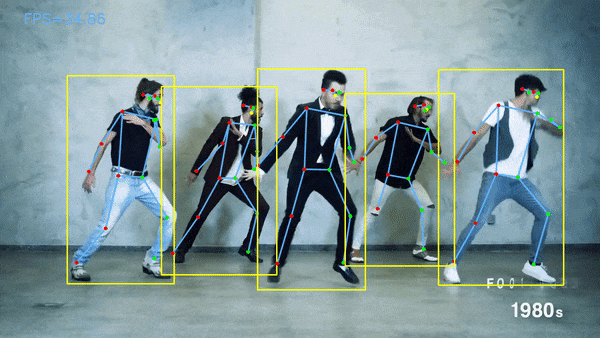BMW-IntelOpenVINO-Segmentation-Inference-API
This is a repository for a semantic segmentation inference API using the OpenVINO toolkit. It's supported on both Windows and Linux Operating systems.
Models in Intermediate Representation(IR) format, converted via the Intel® OpenVINO™ toolkit v2021.1, can be deployed in this API. Currently, OpenVINO supports conversion for DL-based models trained via several Machine Learning frameworks including Caffe, Tensorflow etc. Please refer to the OpenVINO documentation for further details on converting your Model.
Note: To be able to use the sample inference model provided with this repository make sure to use git clone and avoid downloading the repository as ZIP because it will not download the acutual model stored on git lfs but just the pointer instead
Prerequisites
- OS:
- Ubuntu 18.04
- Windows 10 pro/enterprise
- Docker
Check for prerequisites
To check if you have docker-ce installed:
docker --version
Install prerequisites
Ubuntu
Use the following command to install docker on Ubuntu:
chmod +x install_prerequisites.sh && source install_prerequisites.sh
Windows 10
To install Docker on Windows, please follow the link.
Build The Docker Image
In order to build the project run the following command from the project's root directory:
docker build -t openvino_segmentation -f docker/Dockerfile .
Behind a proxy
docker build --build-arg http_proxy='' --build-arg https_proxy='' -t openvino_segmentation -f docker/Dockerfile .
Run The Docker Container
If you wish to deploy this API using docker, please issue the following run command.
To run the API, go the to the API's directory and run the following:
Using Linux based docker:
docker run -itv $(pwd)/models:/models -v $(pwd)/models_hash:/models_hash -p <port_of_your_choice>:80 openvino_segmentation
Using Windows based docker:
Using PowerShell:
docker run -itv ${PWD}/models:/models -v ${PWD}/models_hash:/models_hash -p <port_of_your_choice>:80 openvino_segmentation
Using CMD:
docker run -itv %cd%/models:/models -v %cd%/models_hash:/models_hash -p <port_of_your_choice>:80 openvino_segmentation
The <docker_host_port> can be any unique port of your choice.
The API file will run automatically, and the service will listen to http requests on the chosen port. 
API Endpoints
To see all available endpoints, open your favorite browser and navigate to:
http://<machine_IP>:<docker_host_port>/docs
Endpoints summary
/load (GET)
Loads all available models and returns every model with it's hashed value. Loaded models are stored and aren't loaded again.
/models/{model_name}/detect (POST)
Performs inference on an image using the specified model and returns the bounding-boxes of the class in a JSON format.
/models/{model_name}/image_segmentation (POST)
Performs inference on an image using the specified model, draws segmentation and the class on the image, and returns the resulting image as response.
Model structure
The folder "models" contains subfolders of all the models to be loaded. Inside each subfolder there should be a:
-
bin file (<your_converted_model>.bin): contains the model weights
-
xml file (<your_converted_model>.xml): describes the network topology
-
configuration.json (This is a json file containing information about the model)
{ "classes":4, "type":"segmentation", "classesname":[ "background", "person", "bicycle", "car" ] }
How to add new model
Add New Model and create the palette
create a new folder and add the model files ('.bin' and '.xml' and the 'configuration.json') after adding this folder run the following script
python generate_random_palette.py -m <ModelName>
this script will generate a random palette and add it to your files
The "models" folder structure should now be similar to as shown below:
│──models
│──model_1
│ │──<model_1>.bin
│ │──<model_1>.xml
│ │──configuration.json
| |__palette.txt
│
│──model_2
│ │──<model_2>.bin
│ │──<model_2>.xml
│ │──configuration.json
│ │──palette.txt











